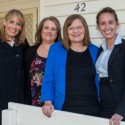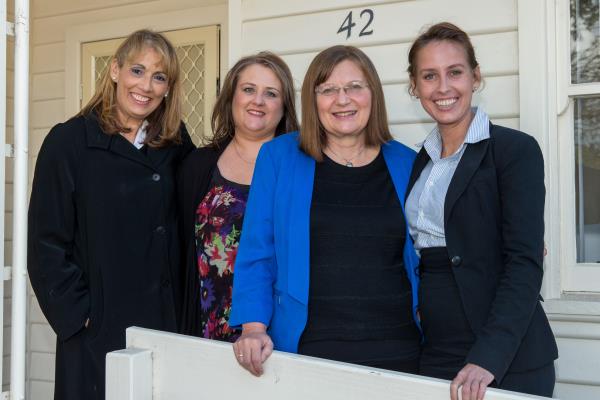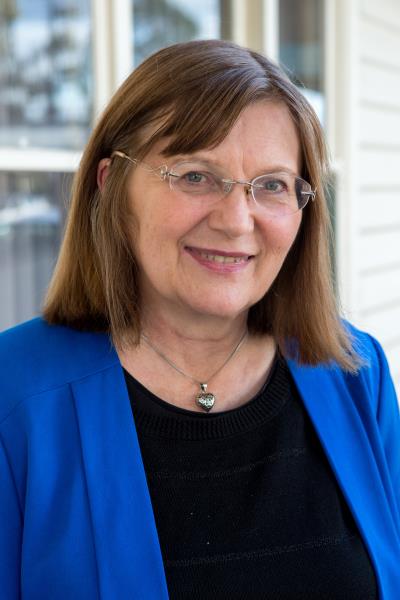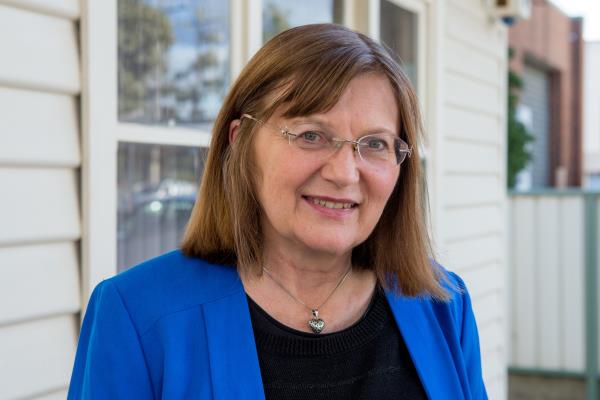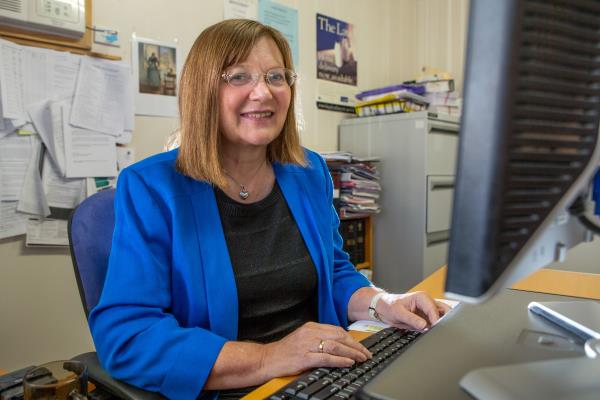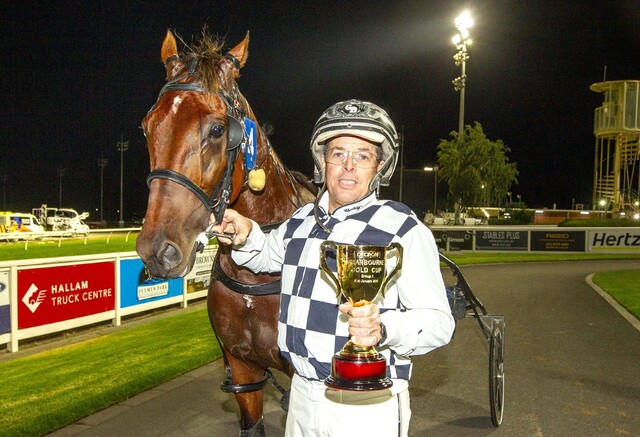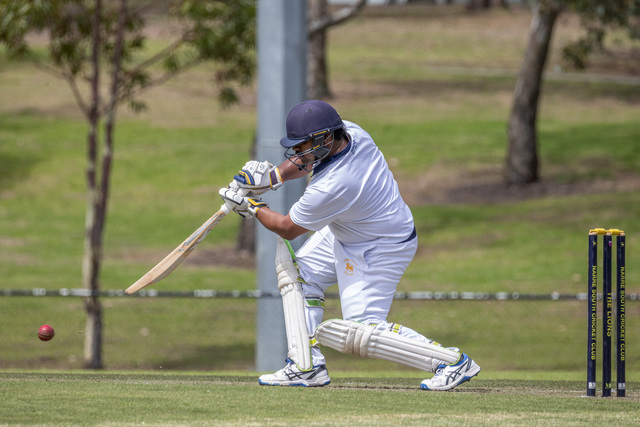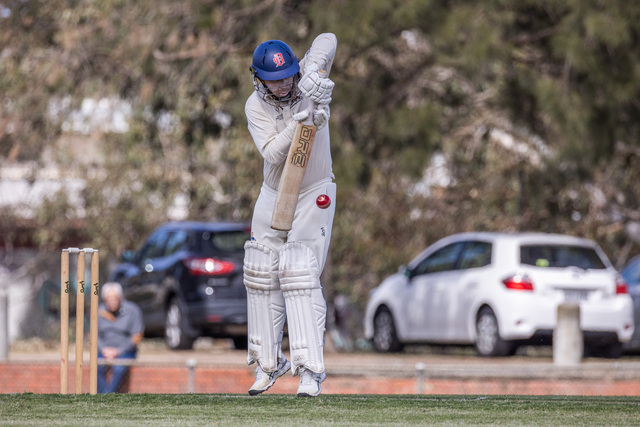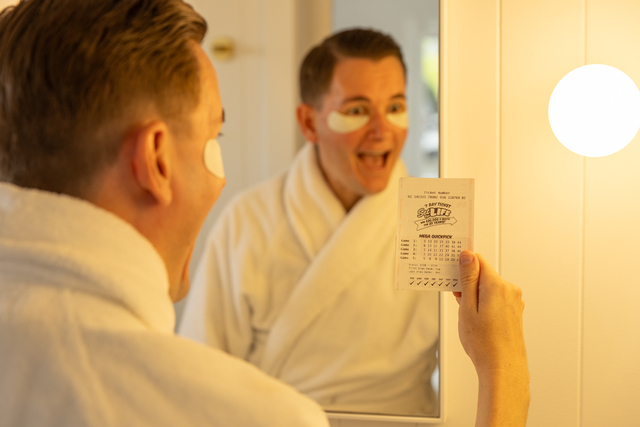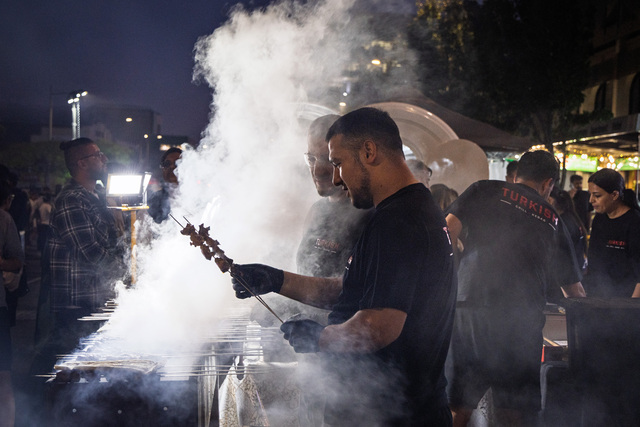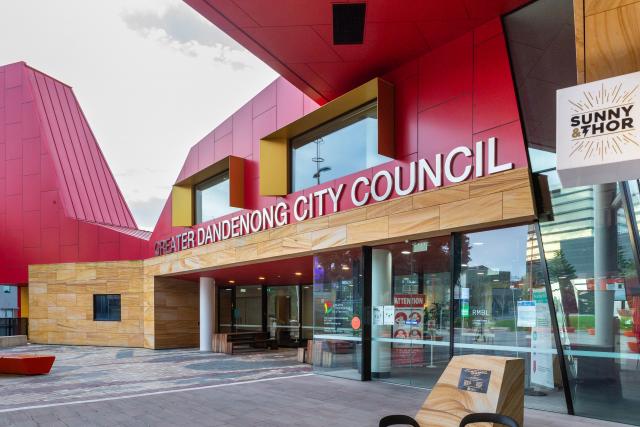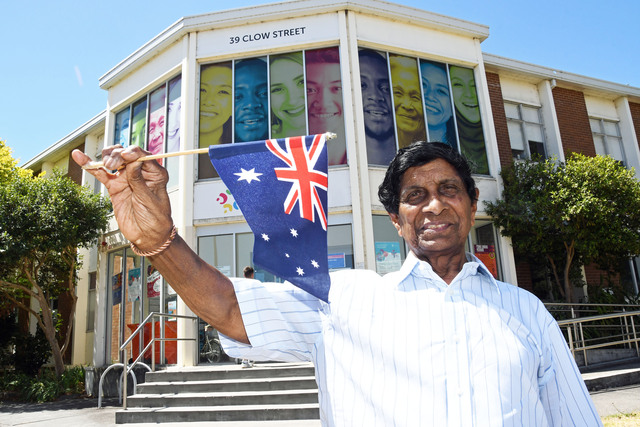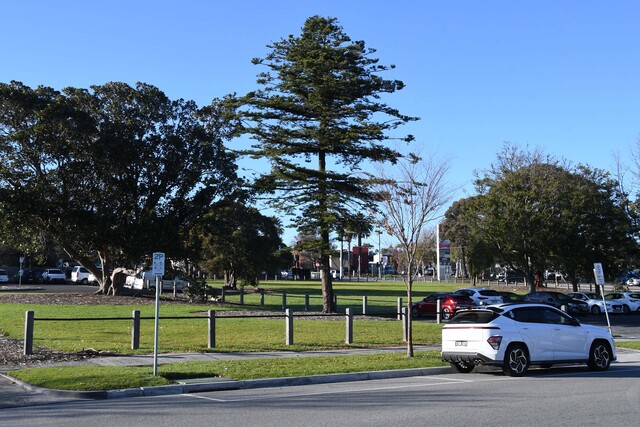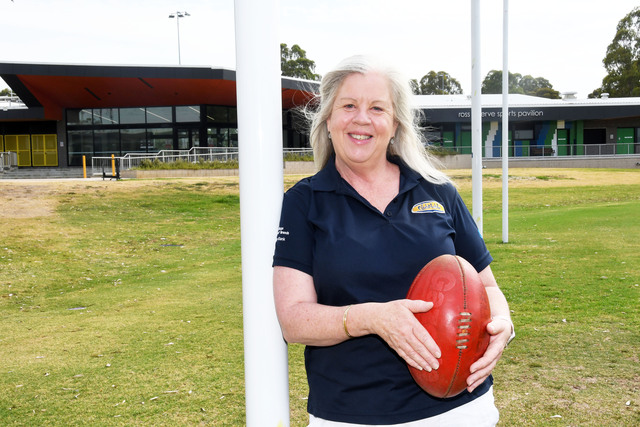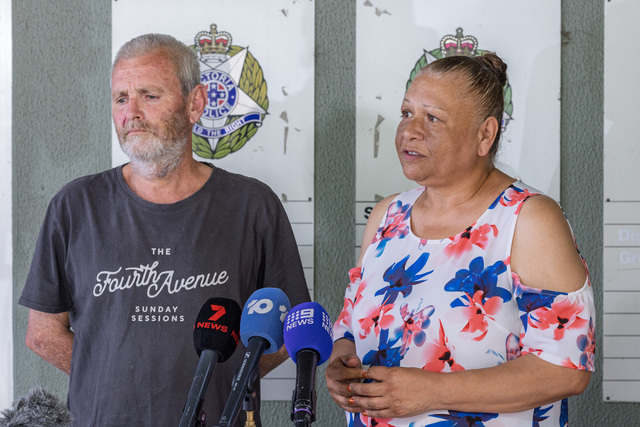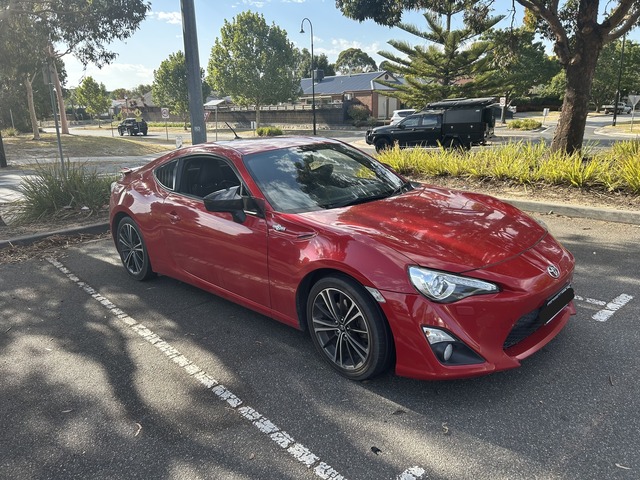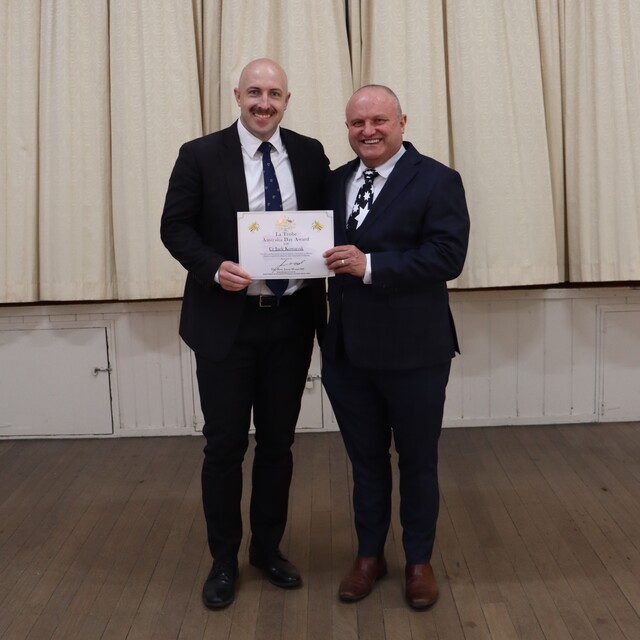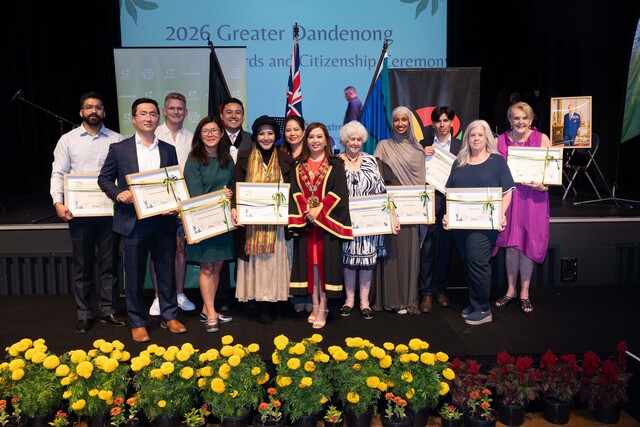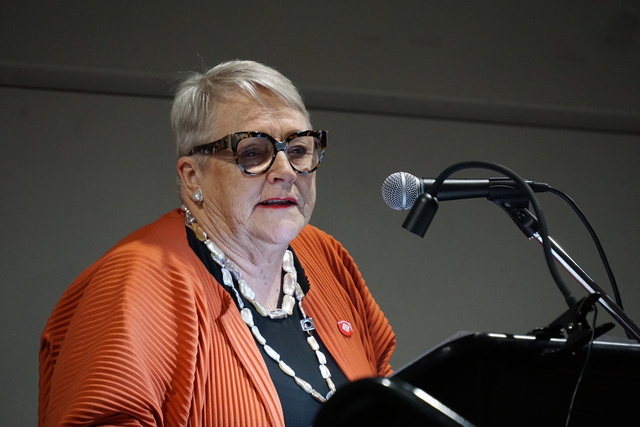By CAM LUCADOU-WELLS
THE final course of appeal isn’t necessarily in the High Court.
Sometimes for Vera Hardiman, co-ordinator of five lawyers at Casey-Cardinia Community Legal Service, the last hope lies in prayer.
When every other legal avenue is exhausted, several lawyers pray together at the Dandenong-based service for their battling clients.
Ms Hardiman – who attests to her strong faith – said the outcomes can be “miraculous”.
“I put them in God’s hands and we pray for our clients.”
For the past 30 years Ms Hardiman has taken up the legal fight for the powerless.
Clients with little income and no representation can easily get lost in the legal labyrinth.
Ms Hardiman and her free legal service does its best to provide some equality before the law.
It stands up for the car-accident victim who has to fight a recalcitrant insurer for their pay-out or for the driver whose unpaid $5 tolls escalate to $148 infraction notices and a total bill of hundreds of thousands of dollars.
“The fines should be downgraded to something like $40 each,” Ms Hardiman said.
“We’ve seen people whose children are suffering from leukaemia and they’ve been driving to the hospital.
“They’re not opening their mail because they’re so stressed.
“Then they get tens of thousands of dollars worth of fines – the system is very punitive.
The legal service has come to the aid of pregnant clients whose cars were clamped on a hot day by the Sheriff’s office due to unpaid fines.
“We’ve had some awful stories like a sheriff walking people to the ATM and looking over their shoulder… they’ve been quite intimidating.
“Lately sheriffs are refusing to arrest and bail our clients in our office for a court hearing.
“They’re instead going to their homes and eyeing off their property to work out what they’ve got.”
Ms Hardiman arrived at the service in 2001 after long representing community legal centre clients as a barrister.
The CCCLS is a free legal oasis that is unsurprisingly growing in demand.
Many of Greater Dandenong’s clients are new arrivals facing criminal matters, family violence, car accident settlements and fines.
There are many family breakdowns in Casey and Cardinia with ice and mortgage stress emerging as large underlying problems.
“The phones here are going all day long,” Ms Hardiman said.
Ms Hardiman said more resources were needed for unemployment law matters, property settlements for people suffering family violence and for people going to court.
The family violence caseload is soaring.
“We usually ask a client if there is family violence in the marriage… at least 75 per cent say yes,” Ms Hardiman says.
She qualifies this by saying domestic violence has broadened to include verbal abuse, financial abuse and social isolation.
“A lot of guys may be proud that they don’t hit their wives but they can make their wives’ lives hell by being emotionally and verbally abusive.”
She said there was still an issue of under-reported family violence.
In some cases, the victim may be disabled and be reluctant to report on the abuser, who they depend on as a carer.
Women of migrant backgrounds can be reluctant to report an abusive husband to police because of the acrimony they would face in their communities.
In other cases, they may regret making a report that is so serious that their husband could be charged and forced to leave the home.
There’s sometimes a family-violence element for a client who is saddled with unpaid traffic fines racked up by an abusive partner.
She is left with the fines because she is too frightened to nominate the partner as the driver.
There’s a lot of talk about being tough on crime. Ms Hardiman wishes there was more emphasis on rehabilitation.
“They say people should be locked away for good for being a paedophile.
“There’s not the same mentality that there should be more rehabilitation or more mental health programs.
“A lot don’t understand how much of the accused’s personal life is revealed to the judge.
“There’s a lot of thought that goes into sentencing a person.”

